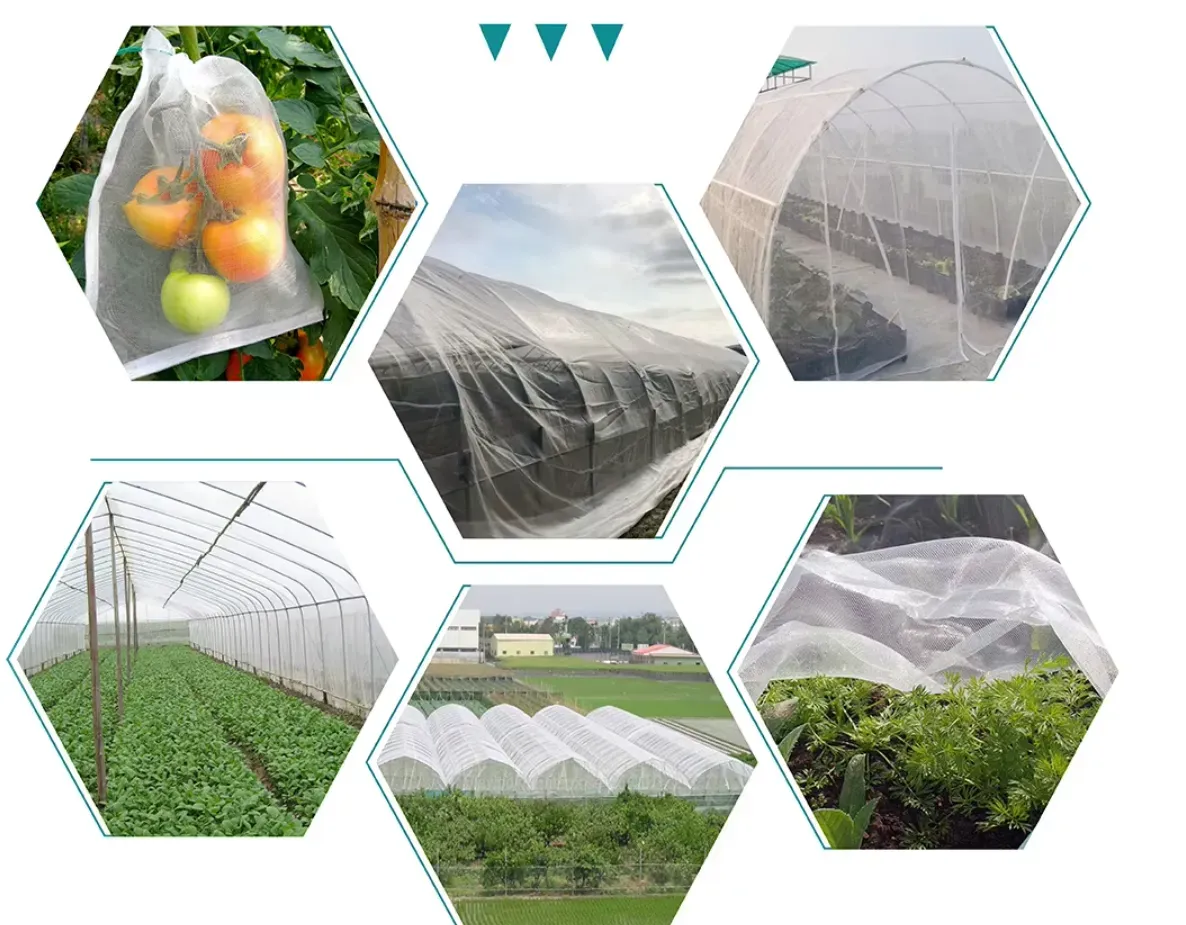-
 Afrikaans
Afrikaans -
 Albanian
Albanian -
 Amharic
Amharic -
 Arabic
Arabic -
 Armenian
Armenian -
 Azerbaijani
Azerbaijani -
 Basque
Basque -
 Belarusian
Belarusian -
 Bengali
Bengali -
 Bosnian
Bosnian -
 Bulgarian
Bulgarian -
 Catalan
Catalan -
 Cebuano
Cebuano -
 China
China -
 Corsican
Corsican -
 Croatian
Croatian -
 Czech
Czech -
 Danish
Danish -
 Dutch
Dutch -
 English
English -
 Esperanto
Esperanto -
 Estonian
Estonian -
 Finnish
Finnish -
 French
French -
 Frisian
Frisian -
 Galician
Galician -
 Georgian
Georgian -
 German
German -
 Greek
Greek -
 Gujarati
Gujarati -
 Haitian Creole
Haitian Creole -
 hausa
hausa -
 hawaiian
hawaiian -
 Hebrew
Hebrew -
 Hindi
Hindi -
 Miao
Miao -
 Hungarian
Hungarian -
 Icelandic
Icelandic -
 igbo
igbo -
 Indonesian
Indonesian -
 irish
irish -
 Italian
Italian -
 Japanese
Japanese -
 Javanese
Javanese -
 Kannada
Kannada -
 kazakh
kazakh -
 Khmer
Khmer -
 Rwandese
Rwandese -
 Korean
Korean -
 Kurdish
Kurdish -
 Kyrgyz
Kyrgyz -
 Lao
Lao -
 Latin
Latin -
 Latvian
Latvian -
 Lithuanian
Lithuanian -
 Luxembourgish
Luxembourgish -
 Macedonian
Macedonian -
 Malgashi
Malgashi -
 Malay
Malay -
 Malayalam
Malayalam -
 Maltese
Maltese -
 Maori
Maori -
 Marathi
Marathi -
 Mongolian
Mongolian -
 Myanmar
Myanmar -
 Nepali
Nepali -
 Norwegian
Norwegian -
 Norwegian
Norwegian -
 Occitan
Occitan -
 Pashto
Pashto -
 Persian
Persian -
 Polish
Polish -
 Portuguese
Portuguese -
 Punjabi
Punjabi -
 Romanian
Romanian -
 Russian
Russian -
 Samoan
Samoan -
 Scottish Gaelic
Scottish Gaelic -
 Serbian
Serbian -
 Sesotho
Sesotho -
 Shona
Shona -
 Sindhi
Sindhi -
 Sinhala
Sinhala -
 Slovak
Slovak -
 Slovenian
Slovenian -
 Somali
Somali -
 Spanish
Spanish -
 Sundanese
Sundanese -
 Swahili
Swahili -
 Swedish
Swedish -
 Tagalog
Tagalog -
 Tajik
Tajik -
 Tamil
Tamil -
 Tatar
Tatar -
 Telugu
Telugu -
 Thai
Thai -
 Turkish
Turkish -
 Turkmen
Turkmen -
 Ukrainian
Ukrainian -
 Urdu
Urdu -
 Uighur
Uighur -
 Uzbek
Uzbek -
 Vietnamese
Vietnamese -
 Welsh
Welsh -
 Bantu
Bantu -
 Yiddish
Yiddish -
 Yoruba
Yoruba -
 Zulu
Zulu
Versatile Plastic Mesh Options for Various Applications and Enhanced Durability
The Versatility of Flexible Plastic Mesh Applications and Benefits
Flexible plastic mesh has emerged as one of the most valuable materials in the modern world, finding applications across various industries due to its unique properties. From agriculture to construction, this versatile material offers an array of benefits that make it indispensable in numerous fields.
At its core, flexible plastic mesh is made from durable plastic fibers that are interwoven to create a lightweight yet sturdy structure. This configuration allows for excellent airflow and drainage, making it ideal for agricultural purposes. Farmers have long utilized plastic mesh in crop protection, using it as a barrier against pests and harsh weather while facilitating sunlight and moisture penetration. This not only helps in safeguarding plants but also contributes to enhanced growth, leading to higher yields and healthier crops.
In addition to agriculture, flexible plastic mesh is increasingly utilized in the construction industry. The material is often employed as form work for concrete structures, providing support and shape during the curing process. The durability of plastic mesh ensures that it can withstand the weight and pressure exerted during construction, leading to more efficient building processes. Additionally, the lightweight nature of the mesh makes it easy to transport and manipulate on-site, ultimately reducing labor costs and enhancing productivity.
Another critical application of flexible plastic mesh lies in environmental conservation. As the world grapples with increasing waste and pollution, innovative uses for plastic mesh have surfaced in landscaping and erosion control. The mesh can be used to stabilize soil, prevent erosion on slopes, and support vegetation growth in challenging environments. With its ability to hold soil and provide a framework for plants, flexible plastic mesh plays a vital role in creating sustainable landscapes and promoting biodiversity.
flexible plastic mesh

Beyond its practical uses, flexible plastic mesh is also advantageous due to its economic benefits. The production of plastic mesh is relatively inexpensive compared to other materials, leading to cost-effective solutions for various applications. Furthermore, its longevity and resistance to environmental factors such as UV radiation and moisture mean that products made from flexible plastic mesh have a long lifespan. This durability not only reduces the frequency of replacements but also minimizes long-term costs for both consumers and industries.
The flexibility of this material is another key factor driving its popularity. The mesh can be easily cut, shaped, and molded to fit specific requirements, allowing for a wide range of customization. Whether it’s creating fencing, netting for sports applications, or partitions in warehouses, its adaptability ensures that it can meet the diverse needs of various sectors effectively.
Health and safety standards are also a consideration when discussing flexible plastic mesh. With rising concerns about injuries from traditional materials like glass or metal, plastic mesh presents a safer alternative. Its lightweight nature reduces the risk of physical harm, making it suitable for settings such as playgrounds and sports facilities where safety is paramount.
In conclusion, the flexible plastic mesh is a remarkable material with extensive applications and benefits across various fields. Its strength, durability, and versatility make it an essential component in agriculture, construction, and environmental conservation. As industries continue to seek innovative solutions that are both cost-effective and sustainable, flexible plastic mesh is likely to play an increasingly prominent role. With ongoing developments in its manufacturing and application, the future of flexible plastic mesh appears bright, promising further advancements in efficiency and utility.
-
Shipping Plastic Bags for Every NeedNewsJul.24,2025
-
Safety Netting: Your Shield in ConstructionNewsJul.24,2025
-
Plastic Mesh Netting for Everyday UseNewsJul.24,2025
-
Nylon Netting for Every UseNewsJul.24,2025
-
Mesh Breeder Box for Fish TanksNewsJul.24,2025
-
Expanded Steel Mesh Offers Durable VersatilityNewsJul.24,2025











